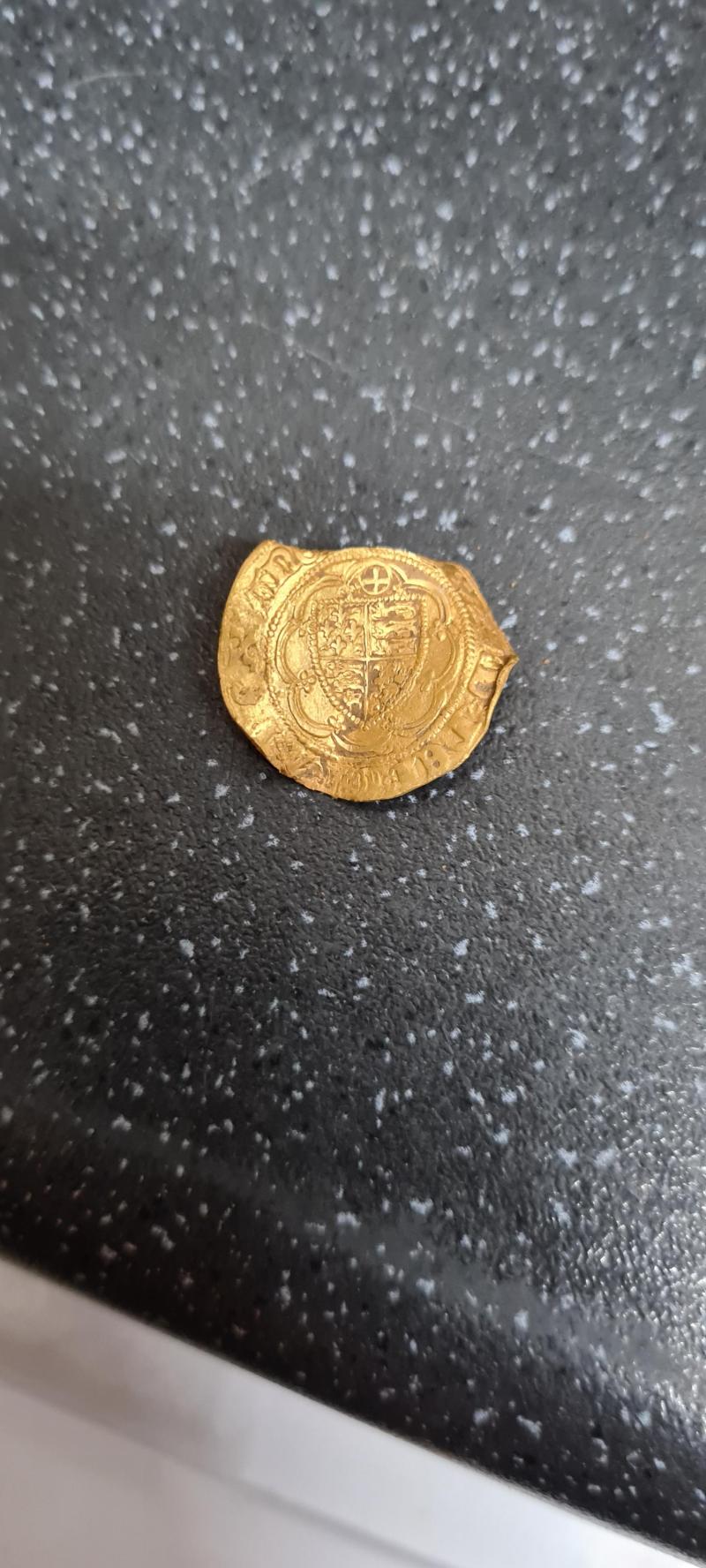Can I deposit coins at the bank?
Yes, you can typically deposit coins at a bank. Most banks provide coin deposit services for their customers. Here are some general guidelines and procedures for depositing coins at a bank:
Use Coin Wrappers:
- If you have a large quantity of coins, it's a good practice to use coin wrappers. Coin wrappers are paper cylinders that you can fill with a specific number of coins, typically indicated on the wrapper. This makes it easier for the bank to handle and process your coin deposit.
Separate by Denomination:
- If you're not using coin wrappers, consider separating coins by denomination (e.g., quarters, dimes, nickels, pennies) in clear plastic bags or containers. Some banks may prefer coins to be sorted before deposit.
Check with Your Bank:
- Different banks may have different policies regarding coin deposits. It's advisable to check with your specific bank to understand any specific guidelines they may have. Some banks may have coin-counting machines, while others may have specific procedures for handling coin deposits.
Rolling Coins:
- While it's common to use coin wrappers, some banks may also accept rolled coins. Rolled coins are typically grouped and secured with a paper covering. Check with your bank to confirm if they accept rolled coins and if there are any specific requirements.
Check for Fees:
- Some banks may charge fees for handling and processing coin deposits, especially if you're depositing a large quantity of coins. Inquire about any applicable fees before making a coin deposit.
Visit the Teller or Use Coin Machines:
- You can visit the bank and approach a teller to make a coin deposit. Some banks also have self-service coin counting machines that allow you to deposit coins, and the machine will automatically count and credit the amount to your account.
Business Accounts:
- If you have a business account, inquire with your bank about any specialized coin deposit services they may offer for business customers.
Considerations During COVID-19:
- Due to the COVID-19 pandemic, some banks may have implemented changes to their procedures for handling coins. It's advisable to check with the bank for any specific guidelines related to coin deposits during this time.
Confirm Credit to Account:
- After making a coin deposit, confirm with the bank that the amount has been credited to your account correctly. Keep any receipts or transaction records provided by the bank.
Always be sure to follow any specific instructions or guidelines provided by your bank regarding coin deposits. If you're unsure about the procedures or have specific questions, reaching out to your bank's customer service or visiting a local branch is recommended.
Sure, here is a detailed breakdown of coin deposit policies, methods, and potential fees associated with coin deposits at banks:
Coin deposit policies at banks: Understanding the general guidelines and procedures for coin deposits
Coin deposit policies vary among banks, but there are some general guidelines and procedures that apply across most institutions. Here's a summary of the common practices:
Acceptance of Rolled Coins: Most banks and credit unions accept rolled coins for deposits without any restrictions. Rolled coins are preferred as they are easier to handle, count, and transport, streamlining the deposit process.
Acceptance of Loose Coins: Some banks may accept loose coins for deposits, but they may charge a fee for this service. Loose coins require additional processing and counting, increasing the labor involved in handling the deposit.
Minimum Deposit Amounts: Some banks may have minimum deposit amounts for coin deposits. This means you need to have a certain amount of coins to deposit before they will process the transaction.
Deposit Limits: Some banks may have daily or monthly limits on the amount of coins that can be deposited. These limits are in place to manage cash flow and minimize the risk of theft or fraud.
Verification and Counting: Bank tellers will typically verify the accuracy of rolled coins and count loose coins using coin-counting machines. This ensures that customers receive the correct amount of credit for their deposits.
Methods for depositing coins at banks: Exploring various options for depositing coins, including rolled coins and loose coins
There are several methods for depositing coins at banks, each with its own advantages and limitations:
Rolled Coin Deposits: Rolling coins is the most widely accepted and convenient method for depositing coins. You can purchase coin wrappers from banks or stores and roll coins according to the denomination (penny, nickel, dime, quarter).
Loose Coin Deposits: Some banks may accept loose coins for deposits, but they may charge a fee for this service. Loose coins may be counted manually or












